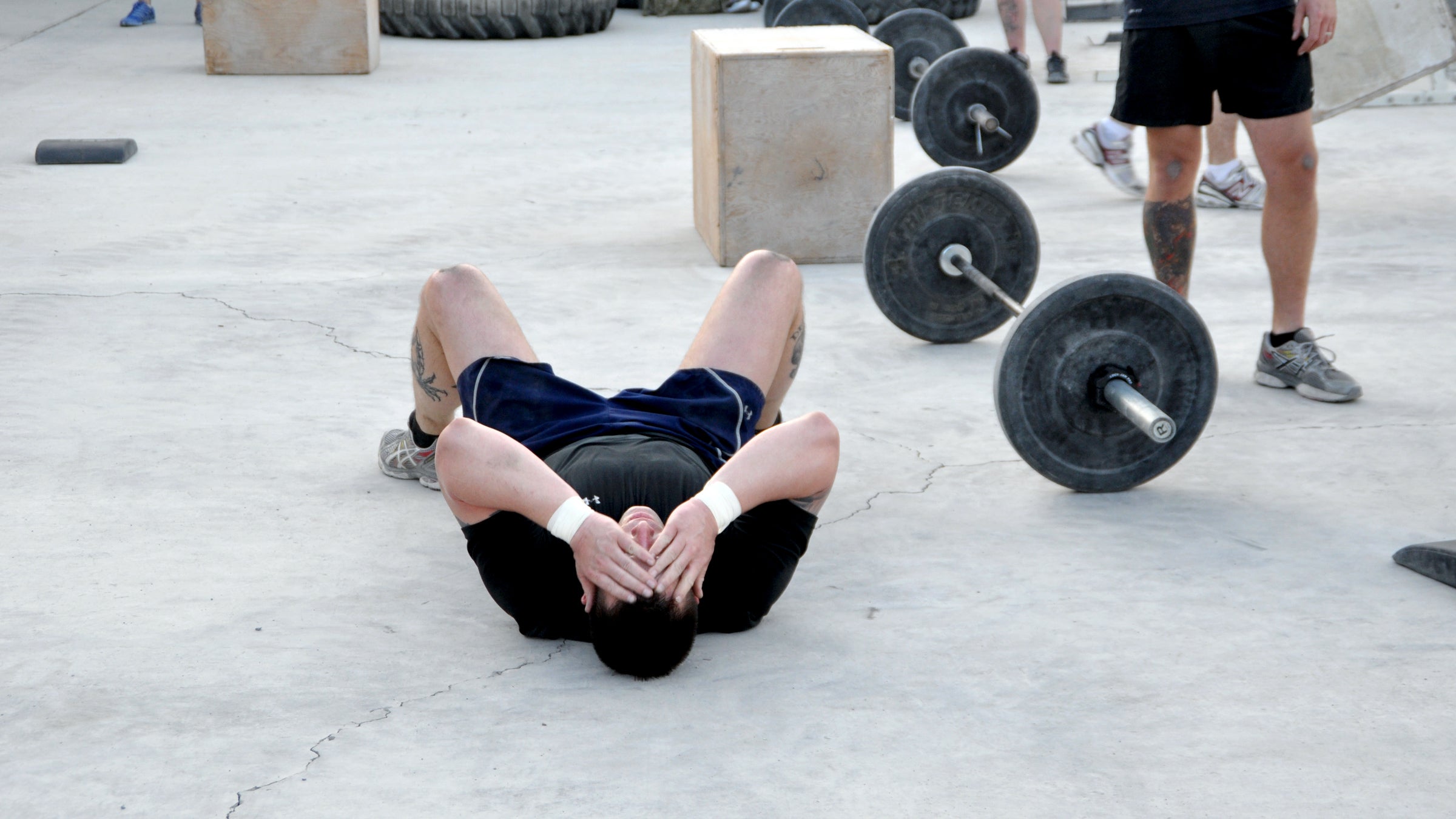Scientists using a new research method have found that short, high-intensity workouts are better for the immune system than longer endurance exercise regimens. Their study was published last month in .
Neil Walsh, professor of sport, health, and exercise science at Bangor University in Wales, and his co-researchers used an in vivo method that relies on the antigen diphenylcyclopropenone (DPCP), which can trigger the body’s immune response when administered through a patch on the lower back. , the vast majority of studies so far have been performed on rats or measure markers in blood and saliva. Walsh told the Globe and Mail that these don’t give a reliable prediction of immune behavior because the immune system is a coordinated network throughout the whole body that includes neural and hormonal responses. With the DPCP patches, Walsh and his colleagues were able to go back four weeks after they applied the patch and, by administering more DPCP, measure redness and skin thickening.
“We would expect those with a very low response to our skin patch test to be more susceptible to opportunistic infections and the like,” Walsh told the Globe and Mail.
Walsh and his team split their test subjects into four groups: one doing 30 minutes of moderate running on a treadmill, one doing 30 minutes of intense running (80 percent of peak oxygen uptake) on a treadmill, another doing 120 minutes of moderate running, and the last group not exercising at all.
The researchers found that 30 minutes of intense running didn’t affect the subjects’ immune response, but two hours at a moderate pace reduced their immunity. The Globe and Mail reports that this might be because prolonged exercise increases the levels of blood stress hormones like cortisol, which temporarily stunt immune function. Athletes such as marathoners and endurance swimmers are more susceptible to infections following an event.
A by David Nieman, director of the health and exercise department at Appalachian State University, found that people who exercise at least five days a week are 43 percent less likely to catch an upper respiratory tract infection than people who exercise once a week or not at all.
The best course of action may be to do shorter, more frequent workouts. But if you’re training for a marathon, eat your carbs. According to the Globe and Mail, carbohydrates minimize your energy deficit in intense exercises lasting longer than an hour and a half. That’ll help reduce the rise of immune system–suppressing stress hormones.


